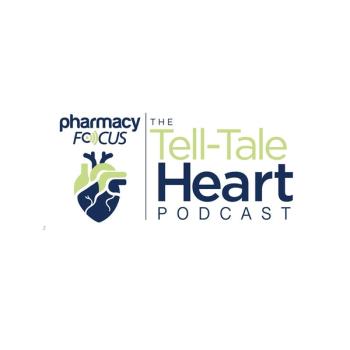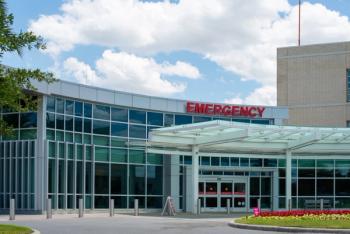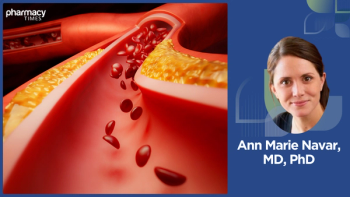
Combination Therapy Improves Survival in AL Amyloidosis Patients
High-dose chemotherapy and autologous stem cell transplantation show promise for patients with light-chain amyloidosis.
High-dose chemotherapy and autologous stem cell transplantation show promise for patients with light-chain amyloidosis.
Findings from a new study indicate that patients with light-chain amyloidosis (AL) treated with high-dose chemotherapy and autologous stem cell transplantation (HDM/SCT) have the highest rates of long-term survival.
These findings are based off a study performed on the largest number of patients in the world receiving high dose chemotherapy and stem cell transplantation for the disease.
AL is the most common type of systemic amyloidosis in the United States. The disease is caused when antibody-producing plasma cells create defective light chains.
These abnormal light chains misfold, forming amyloid deposits that accumulate in the liver, kidneys, spleen, and other tissues, which can cause serious damage to these organs.
HDM/SCT was first developed at Boston University School of Medicine (BUSM) and Boston Medical Center (BMC) in 1994. Over the past 2 decades, 629 patients with AL amyloidosis have undergone the treatment at BMC.
Of the patients who underwent treatment, 543 showed hematologic responses at 6-12 months following HDM/SCT treatment. A hematologic complete response (CR) was achieved in 40% of patients post-stem cell transplantation.
Hematologic relapse occurred in 18.2% at a median of 3.97 years post treatment. Long-term survival, up to 20 years, was achieved in nearly one-third of patients.
“While survival is strongly dependent upon achieving hematologic complete response, the survival of patients who did not achieve a CR and of those who relapsed after CR is notable, suggesting a benefit of aggressive treatment,” said corresponding and lead author Vaishali Sanchorawala, MD, professor of medicine and associate director of the Amyloidosis Center at BUSM. “Strategies to better understand which patients may benefit the most from this treatment and reducing treatment-related mortality, as well as using combination therapies with novel agents to increase the CR rate, will likely improve outcomes in the future for patients who just a few years ago were considered to have a rapidly fatal diagnosis.”
Newsletter
Stay informed on drug updates, treatment guidelines, and pharmacy practice trends—subscribe to Pharmacy Times for weekly clinical insights.







































